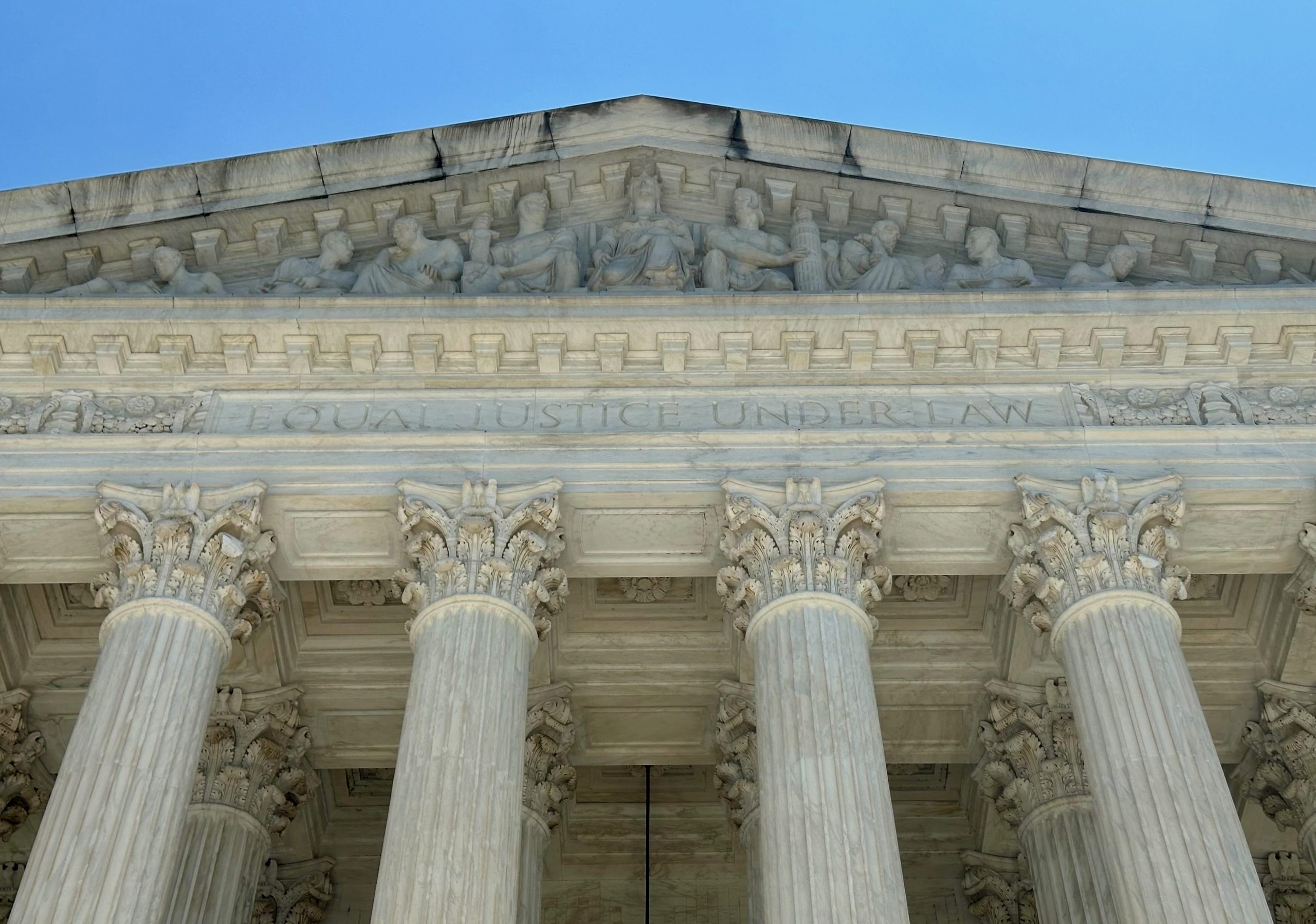Court sets March argument schedule


The Supreme Courts March argument session will include a dispute over a congressional voting map that created a second majority-Black district in Louisiana, a challenge to an accessibility program by the Federal Communications Commission in which the justices have been asked to revive the so-called “nondelegation doctrine, and the review of a decision by the Wisconsin Supreme Court rejecting efforts by Catholic Charities to seek an exemption from the states unemployment tax.
The justices released the calendar for their March argument session on Monday, just two business day after they turned down the Trump administrations request to pause the briefing in three cases in which it intends to take another look at the regulations, agency determinations, or actions at the center of the disputes. Two of those three cases EPA v. Calumet Shreveport Refining and Oklahoma v. EPA are now scheduled for argument in March. (The third case, Diamond Alternative Energy v. EPA, has not yet been scheduled for argument.)
The March argument session begins on March 24 and finishes on April 2. During that time, the justices will hear arguments in nine cases over six days.
Here is a full list of the cases set for argument during the March argument session:
Louisiana v. Callais (consolidated with Robinson v. Callais) (March 24) A challenge to a lower courts decision to strike down a map that created a second majority-Black congressional district in the state.
Riley v. Bondi (March 24) A dispute over questions relating to the 30-day deadline to seek review of a ruling by the Board of Immigration Appeals denying withholding of deportation.
EPA v. Calumet Shreveport Refining (March 25) Whether challenges by a group of small oil refineries to the EPAs denial of their requests for exemptions from the requirements imposed by the Clean Air Acts Renewable Fuel Standards program must be litigated in the U.S. Court of Appeals for the District of Columbia Circuit.
Oklahoma v. EPA (consolidated with Pacificorp v. EPA) (March 25) Whether the EPAs denial of states plans to implement national air quality standards under the Clean Air Acts good neighbor provision can only be brought in the D.C. Circuit.
FCC v. Consumers Research (consolidated with SHLB Coalition v. Consumers Research) (March 26) A challenge to a decision by the U.S. Court of Appeals for the 5th Circuit that invalidated parts of a FCC program to improve internet and phone services in underserved areas. The court of appeals ruled that the program violated the Constitution by improperly delegating Congresss power to the FCC and the FCCs power to a private company.
Catholic Charities v. Wisconsin Labor & Industry Review Commission (March 31) Whether Wisconsin violated the First Amendment when it denied a religious organization a tax exemption that would otherwise be available because the group did not meet the states criteria for religious behavior.
Rivers v. Guerrero (March 31) Whether and in what circumstances the federal law that strictly limits the circumstances in which an inmate can file a second petition for federal post-conviction relief prohibits an inmate from seeking to amend his original petition while it is pending on appeal.
Fuld v. PLO (consolidated with United States v. PLO) (April 1) Whether a 2019 law that seeks to give U.S. courts the power to hear claims by victims of terrorism against the Palestine Liberation Organization and the Palestinian Authority violates the Fifth Amendments guarantee of fair treatment.
Kerr v. Planned Parenthood South Atlantic (April 2) Whether a South Carolina woman can bring a lawsuit challenging that states decision to end Planned Parenthoods participation in its Medicaid program.
This article was originally published at Howe on the Court.
Posted in Merits Cases
Cases: Oklahoma v. Environmental Protection Agency, Environmental Protection Agency v. Calumet Shreveport Refining, LLC, Riley v. Bondi, Medina v. Planned Parenthood South Atlantic, Rivers v. Guerrero, Louisiana v. Callais, Catholic Charities Bureau, Inc. v. Wisconsin Labor & Industry Review Commission, Fuld v. Palestine Liberation Organization, Federal Communications Commission v. Consumers’ Research
